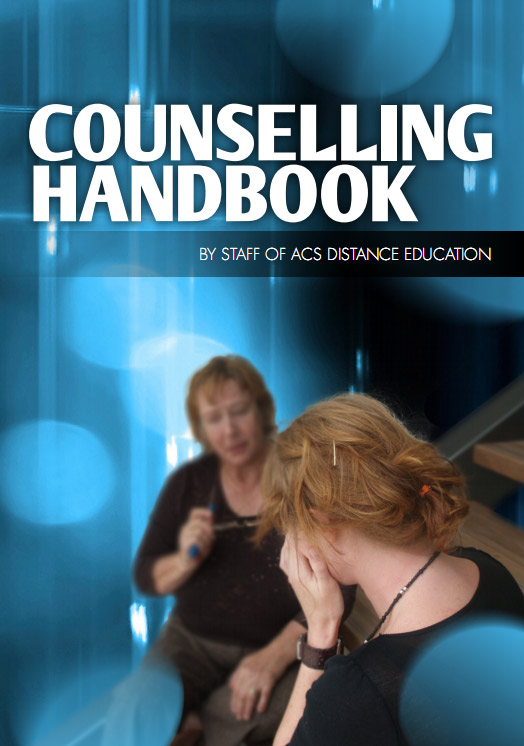 Distance Education Course -Diploma in Psychology
Distance Education Course -Diploma in Psychology
What can this course teach you?
- How to help people adjust to life changing health conditions
- How our biological development or condition affects our thinking
- How and what changes are natural and inevitable physically and mentally, as we age
- How we develop certain patterns of thought and behaviour, and how to change negative patterns
- Why we act differently when we are in groups and when we are alone
- How to support people in a health care environment
A broad-based foundation in theoretical psychology can be applied in many fields, such as business, counselling, helping services and teaching. It will give you a much deeper insight into human behaviour and factors (such as learning, environment and personality) that can affect it, and improve your ability to deal effectively with others. While this course will not qualify you as or a psychologist (which requires a university degree), it will develop your capacity to apply psychology for more effective teaching, management, consulting, parenting, marketing, or for your personal growth. The course may also provide a valuable stepping stone to further study in this fascinating field.